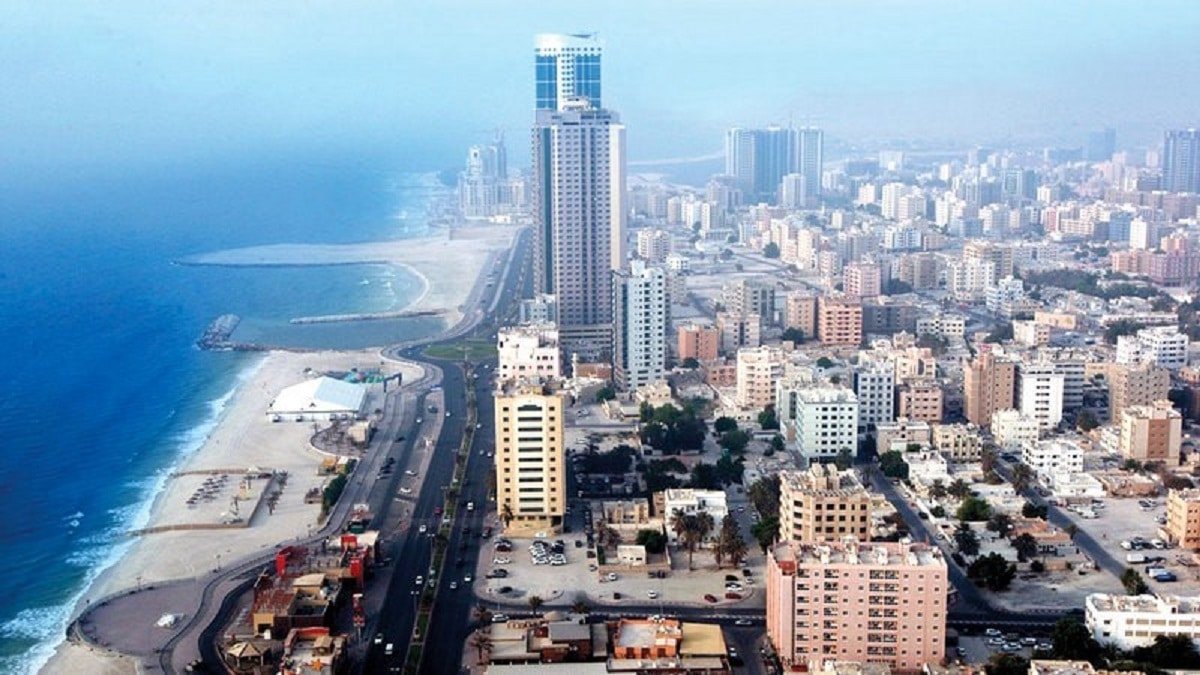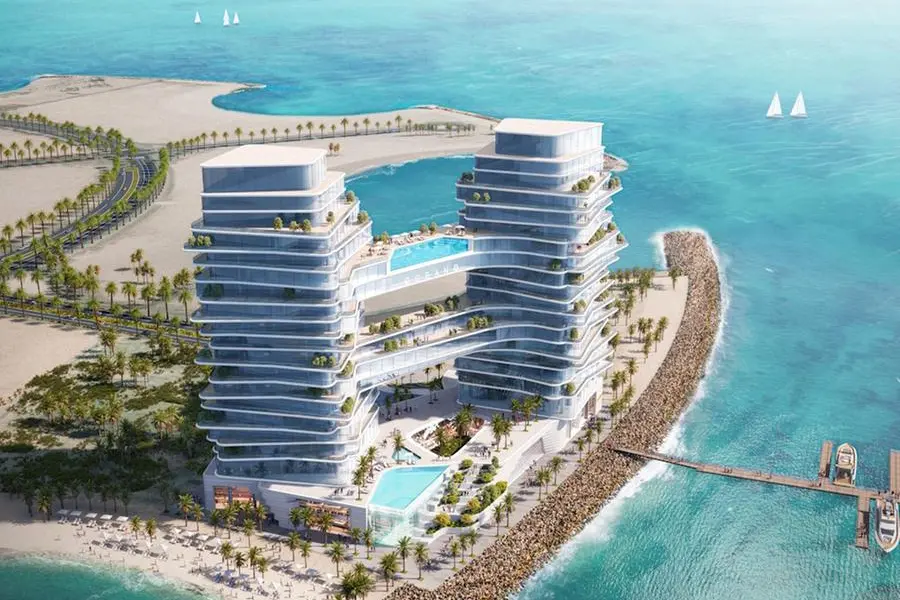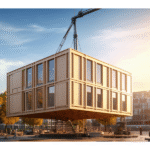Now Reading: UAE Hotel and Hospitality Real Estate: Opportunities for Investors
-
01
UAE Hotel and Hospitality Real Estate: Opportunities for Investors
UAE Hotel and Hospitality Real Estate: Opportunities for Investors
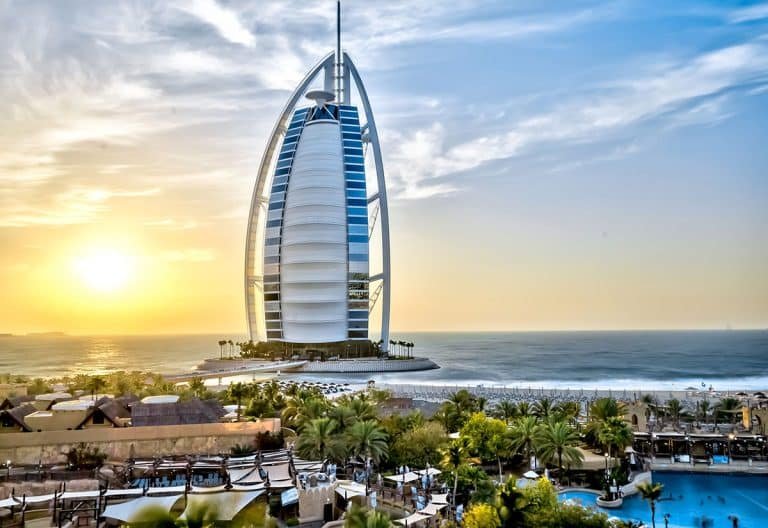
The UAE hotel and hospitality real estate sector has emerged as one of the most attractive avenues for investors in 2025. With record tourism growth, expanding luxury projects, and strong government support, this sector offers diverse opportunities for both domestic and international investors seeking high returns and long-term value.
From Dubai’s iconic skyline to Abu Dhabi’s cultural hubs and emerging destinations in the Northern Emirates, the UAE continues to lead the Middle East’s hospitality market. Investors are drawn by the combination of strong tourism trends, world-class infrastructure, and regulatory support that ensures a stable and profitable investment environment.
Factors Driving the UAE Hotel and Hospitality Real Estate Market
Several factors contribute to the growing appeal of UAE hotel and hospitality real estate:
- Rapid Tourism Growth: The UAE continues to attract millions of visitors annually, driving demand for luxury hotels, resorts, and serviced apartments.
- High Rental Yields: Hotels and short-term rental properties often offer higher yields compared to residential real estate.
- Government Initiatives: Policies such as long-term residency visas for investors, tourism promotion campaigns, and ease of business setup enhance investment attractiveness.
- Diverse Market Segments: Opportunities range from ultra-luxury resorts and business hotels to boutique accommodations and serviced apartments.
- Strategic Locations: Dubai, Abu Dhabi, Ras Al Khaimah, and Sharjah host prime hospitality developments, benefiting from strong connectivity and tourism infrastructure.
Key Investment Opportunities in Dubai
Dubai remains the epicenter for UAE hotel and hospitality real estate investments:
- Luxury Resorts: Properties in areas like Palm Jumeirah and Dubai Marina offer high-end amenities, private beaches, and premium services.
- Business Hotels: Downtown Dubai and DIFC attract business travelers seeking proximity to offices and conference facilities.
- Serviced Apartments: Rising demand from long-term visitors and expatriates boosts rental income potential.
- Event-Driven Demand: Dubai’s calendar of global events, including Expo 2025, conferences, and festivals, ensures consistent occupancy rates.
Opportunities in Abu Dhabi
Abu Dhabi’s hospitality sector is gaining attention for its UAE hotel and hospitality real estate potential:
- Cultural and Leisure Resorts: Saadiyat Island and Yas Island attract tourists with cultural attractions, golf courses, and theme parks.
- Luxury Hotels: Premium hotels in central Abu Dhabi cater to both business travelers and leisure tourists.
- Mixed-Use Developments: Integration of hotels, retail, and residential components creates additional revenue streams.
Northern Emirates: Emerging Hospitality Destinations
Emerging destinations like Ras Al Khaimah, Fujairah, and Ajman are offering UAE hotel and hospitality real estate opportunities for early investors:
- Ras Al Khaimah: Mountain resorts, beachfront properties, and eco-tourism projects provide diversified investment options.
- Fujairah: Coastal hotels and diving resorts attract niche tourism segments.
- Ajman: Boutique hotels and mid-range accommodations cater to budget-conscious travelers.
Types of Hospitality Real Estate Investments
Investors in the UAE hotel and hospitality real estate sector can choose from various asset types:
- Luxury Hotels and Resorts: High-end properties with premium services targeting affluent tourists.
- Boutique Hotels: Smaller, themed hotels offering unique experiences for leisure travelers.
- Serviced Apartments: Flexible, fully-furnished units catering to long-term stays and corporate clients.
- Mixed-Use Developments: Projects combining hotels, retail, and residential spaces to diversify income streams.
- Vacation Rentals: Short-term rental properties providing consistent income through platforms like Airbnb.
Advantages of Investing in Hospitality Real Estate
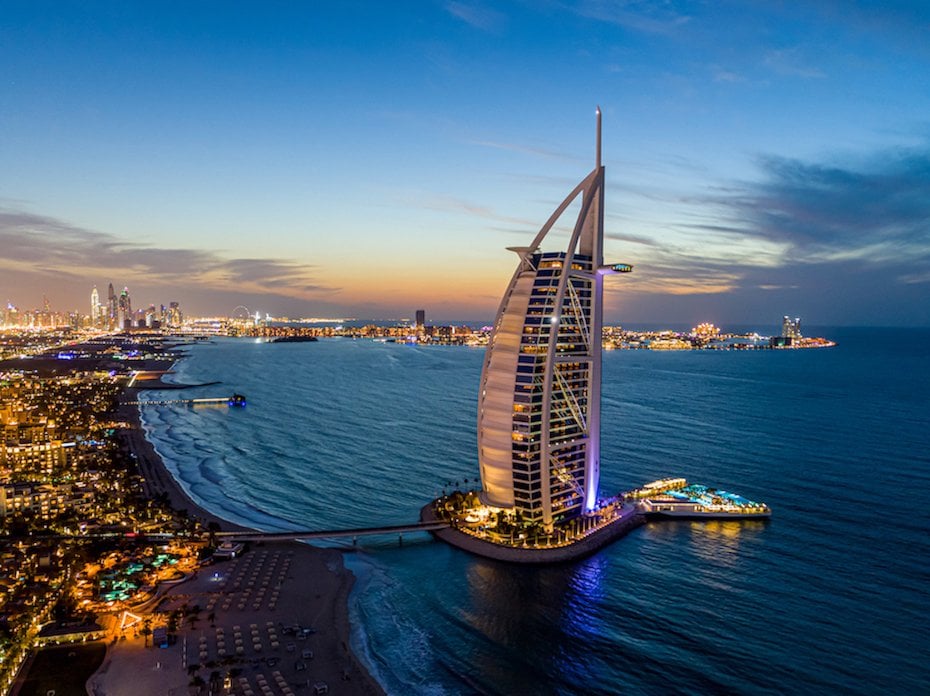
Investors in the UAE hotel and hospitality real estate sector benefit from several key advantages:
- High Returns: Hospitality properties often yield higher rental income compared to traditional residential real estate.
- Capital Appreciation: Prime locations and luxury developments have strong potential for value appreciation.
- Diversification: Hospitality real estate allows investors to diversify portfolios beyond residential or commercial properties.
- Tourism-Driven Stability: High tourist influx ensures steady occupancy and rental revenue.
- Government Support: Incentives, visa programs, and economic policies facilitate smooth investment and ownership processes.
Market Trends and Insights
The UAE hotel and hospitality real estate sector is evolving with several notable trends:
- Sustainable Luxury: Developers increasingly incorporate green building practices, solar energy, and eco-friendly designs.
- Tech-Driven Hospitality: Smart room management, AI-driven services, and contactless check-in systems enhance guest experience and operational efficiency.
- Targeted Marketing for International Investors: Developers are promoting UAE hospitality assets to investors in Europe, Asia, and the Middle East.
- Rise of Integrated Resorts: Combining hotels with entertainment, retail, and cultural attractions creates comprehensive tourist experiences.
- Flexible Investment Models: Fractional ownership, joint ventures, and off-plan projects attract diverse investor segments.
Notable Developers and Hospitality Projects
Several developers are shaping the UAE hotel and hospitality real estate market:
- Emaar Hospitality Group: Known for luxury hotels and resorts across Dubai and the UAE.
- Aldar Properties: Leading Abu Dhabi developments, including mixed-use hotels and resorts.
- RAK Hospitality Holdings: Driving tourism-focused projects in Ras Al Khaimah and Fujairah.
- Other Boutique Developers: Launching niche resorts, boutique hotels, and eco-tourism accommodations.
Challenges in Hospitality Real Estate Investment
While promising, investors in UAE hotel and hospitality real estate should consider potential challenges:
- Market Competition: High competition in luxury segments may require strategic differentiation.
- Economic Sensitivity: Tourism demand can fluctuate with global economic conditions and geopolitical factors.
- Operational Complexity: Hotel investments often require professional management and ongoing operational oversight.
- Initial Capital Requirement: High upfront costs can limit access for smaller investors.
Future Outlook
The UAE hotel and hospitality real estate sector is poised for growth in 2025 and beyond:
- Increasing Tourism: The UAE continues to attract international visitors through leisure, business, and cultural events.
- Expansion of Luxury and Boutique Hotels: Rising demand from high-net-worth travelers encourages development of premium properties.
- Technological Integration: Smart solutions and AI-driven management systems will enhance operational efficiency.
- Sustainability Initiatives: Eco-friendly and energy-efficient projects will attract environmentally conscious investors and guests.
- Investment Diversification: Opportunities in off-plan, mixed-use, and fractional ownership projects will continue to grow.
Conclusion
The UAE hotel and hospitality real estate sector offers lucrative opportunities for investors seeking high returns, diversification, and long-term growth. With a combination of luxury resorts, boutique hotels, serviced apartments, and emerging destinations, the market caters to diverse investor profiles.
Government support, strong tourism growth, and innovative development projects make the UAE an attractive destination for both domestic and international hospitality investments. By strategically selecting locations, property types, and development partners, investors can capitalize on the thriving hospitality market and secure both financial rewards and sustainable long-term value.
Follow us on: Instagram
Read More : UAE Real Estate Sector 2025 Thrives with Projects & Investments



